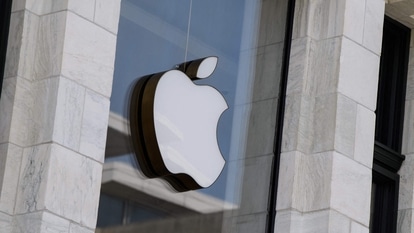TRAI’s ruling on data tariff decoded: Pay only for what you use
In the ruling, TRAI said that no that no company can charge subscribers different prices for access to different type of content
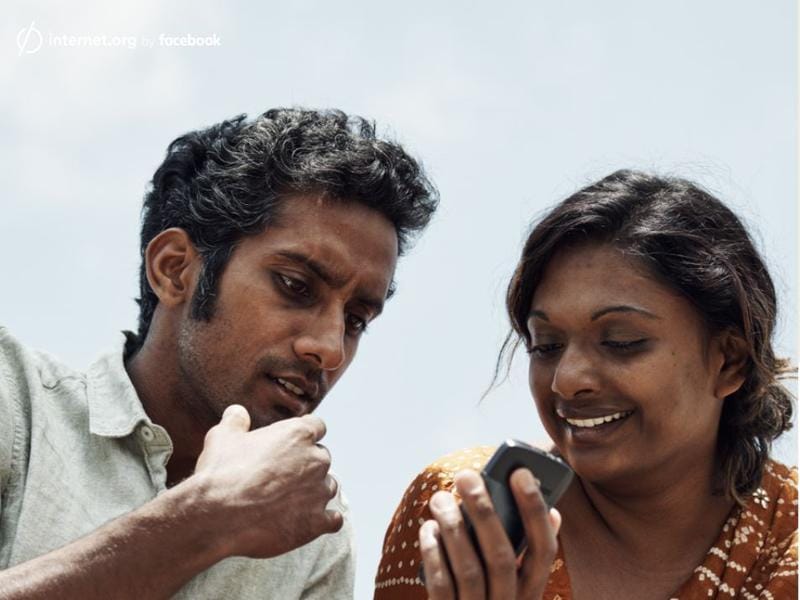
Thanks to telecom regulator TRAI, the net neutrality debate, at least in terms of pricing, has been settled in India. TRAI said in a statement on Monday that it has banished differential pricing of data services thereby dealing a blow to Airtel Zero and Facebook's Free Basics programme.
In the last few months Facebook had entered into a tussle with TRAI over Free Basics, and Facebook has been trying to garner support for the platform through advertising campaigns and a poll on its platform asking users to save Free Basics.
After the ruling, Facebook India first said that it was waiting for the US office to open and couldn't offer any comment at the moment only to follow up with a statement where it expressed that it was unhappy with the decision. "Our goal with Free Basics is to bring more people online with an open, non-exclusive and free platform. While disappointed with the outcome, we will continue our efforts to eliminate barriers and give the unconnected an easier path to the internet and the opportunities it brings," a Facebook spokesperson was quoted as saying.
However, Facebook chief Mark Zuckerberg has finally reacted to the ruling. He expressed sadness over the decision but said that he is committed to keep working to break down connectivity barriers in India and around the world. "Internet.org has many initiatives, and we will keep working until everyone has access to the internet," Zuckerberg said in a post on Facebook on Tuesday.
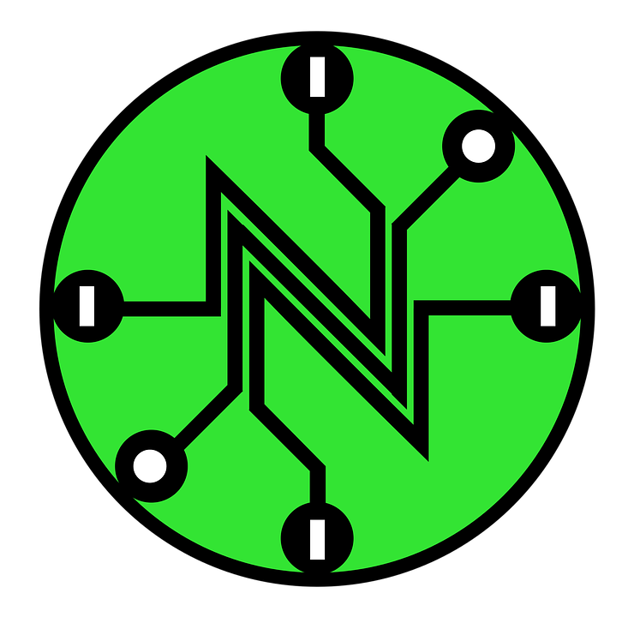 ₹ 50,000-50 lakh if the ruling is violated " title="The regulator, which warned the operators that they cannot enter into any arrangement based on discriminatory pricing, also said that operators will be fined between ₹ 50,000-50 lakh if the ruling is violated " class="lazyload">
₹ 50,000-50 lakh if the ruling is violated " title="The regulator, which warned the operators that they cannot enter into any arrangement based on discriminatory pricing, also said that operators will be fined between ₹ 50,000-50 lakh if the ruling is violated " class="lazyload">

So, What did TRAI actually say?
In the ruling, TRAI said that no that no company can charge subscribers different prices for access to different type of content. The regulator, which warned the operators that they cannot enter into any arrangement based on discriminatory pricing, also said that operators will be fined between ₹ 50,000-50 lakh if the ruling is violated.
"No service provider shall enter into any arrangement, agreement or contract, by whatever name called, with any person, natural or legal, that has the effect of discriminatory tariffs for data services being offered or charged by the service provider for the purpose of evading the prohibition in this regulation," TRAI said in a statement adding it would be effective for the next two years.
Read more: TRAI says no to Facebook's Free Basics, supports net neutrality
Simply put, TRAI has asked operators to charge users only for the data they use in turn banning zero-rated services. That means, no free Facebook using Free Basics and no surcharges for making voice calls over WhatsApp or Skype. Zero-rating is a kind of differential pricing. Zero-rating is essentially telecom industry jargon for data that a consumer doesn't pay for directly but is somehow subsidised by an operator or a content provider.
Facebook's Free Basics program (formerly Internet.org), which provides access to a Facebook-approved section of the internet to people in 19 countries, strikes zero-rating deals with mobile operators to provide free data to consumers. In India, Reliance, which was the first operator that Free Basics was exclusive to, claimed that over a million Indians came online through the program.
TRAI made the decision "based on the responses received and the internal deliberations," and added that, "While formulating the Regulations,the Authority has largely been guided by the principles of Net Neutrality seeking to ensure that consumers get unhindered and non-discriminatory access to the internet. These Regulations intend to make data tariffs for access to the internet to be content agnostic."
This means telecom operators and companies can't team up to offer services on the internet at different rates. App developers who don't have as much capital as Flipkart or Facebook — to strike deals with telecom operators and offer services for free — will be able to compete without being at a disadvantage.
Read more: TRAI's new paper about data pricing is boring. We made it fun
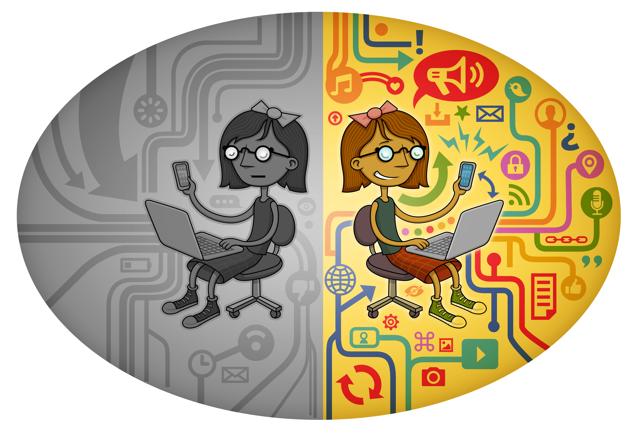

What does it mean for the subscribers?
After the ruling, subscribers will only pay for data that you use and data packs offering free usage of certain services like WhatsApp or Facebook will cease to exist. There will be only one kind of data pack which will offer certain megabytes or gigabytes of usage in return for a specific amount of money. This means that you can watch videos on any website or use any app or service for the same price on the operator's network.
The regulator also said that operators cannot introduce new data packs based differential pricing. However, any existing "packs, plans or vouchers" that were purchased before Monday will be valid for six months.
#NetNeutrality Indias Regulatory bodies are still FREE unlike the Kosher controlled regulatory bodies in US & UK Congratulations #TRAI
— Wideawakegentile (@The_Indian_Goy) February 8, 2016
So, what does it spell for Facebook's Free Basics platform?
Despite Facebook CEO Mark Zuckerberg's aggressive campaigning for Free Basics in the duration of accepting replies from the public and telecom operators, the service isn't going to be allowed in the form that Zuckerberg had intended. Either it will have to be a great product for users to prefer over others — as it will cost the same — or offer the entire internet for free and not just a select few.
This speed bump in Facebook's way of tapping into the disconnected billions of rural India, is likely to divert their attention to other project like the rural WiFi programme. According to The Hindu , the programme is already being tested in 25 locations out of the target 100 and will be a joint effort between Facebook and BSNL to provide WiFi connectivity to the rural areas of in Western and Southern parts of the country.
While fine details of the programme remain vague and Facebook denied to comment (except repeating that the programme is still in testing stages), one thing we can now be sure of, is that users will have access to all the sites when the programme is implemented.
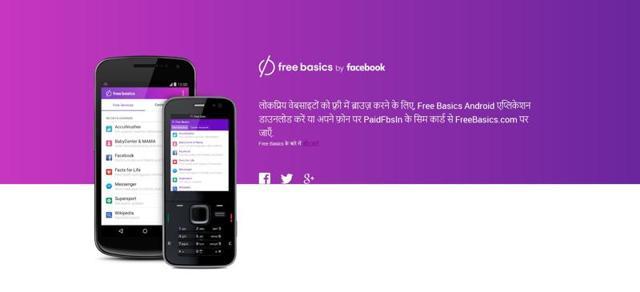

Even Airtel had tried a similar approach to make free internet access profitable by tying up with app developers. Apps registered under the scheme wouldn't incur data charges to Airtel customers visiting them. The so called Airtel Zero will also have to be scrapped since it violated TRAI's ruling against differential pricing.
Read more: ICYMI: Facebook struggles to justify mails sent from Free Basics to TRAI
How did the country react to TRAI's decision?
Except for industry stakeholders, which means operators and internet service providers, the country has welcomed the decision to keep the net neutral in terms of pricing tough a few have pointed out one loophole that operators might use to their advantage.
While Rajan Mathews, director general of Cellular Operators Association of India (COAI), said that the body was not happy with the decision. "The telecom industry is disappointed with TRAI's decision to rule out differential pricing. COAI had approached the regulator with the reasons to allow price differentiation as the move would have taken us closer to connecting the one billion unconnected citizens of India," Mathews said adding that there were other regulations already in place to tackle this issue.
" I think we should have understood net neutrality first and then tackled differential pricing as they had done in the US. By opting to turn away from this opportunity, TRAI has ignored all the benefits of price differentiation that we had submitted as a part of the industry's response to its consulting paper, including improving economic efficiency, increase in broadband penetration, reduction in customer costs and provision of essential services among other things," he added.
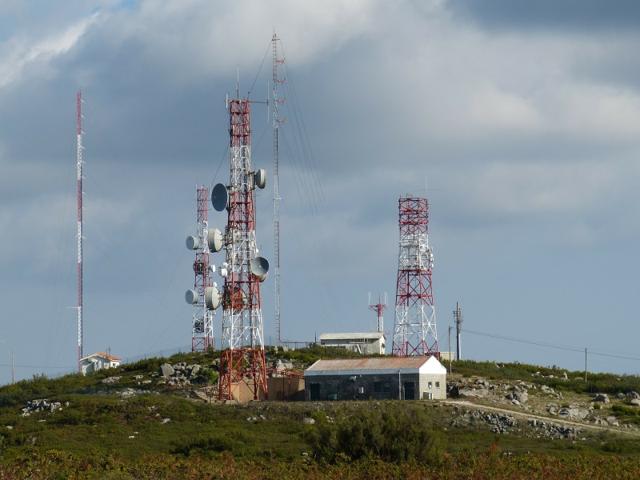

He further said that the association will only look to move Telecom Disputes Settlement and Appellate Tribunal (TDSAT) or the Delhi High Court if issues are not resolved by other means. The association is also fighting TRAI on call drops issue.
On the other hand, Kiran Jonnalagadda, one of the founders of SaveTheInternet.in said,"We haven't found any significant caveats in the 15-page paper.This is absolutely a validation of our efforts." However, Internet and Mobile Association (IAMAI) of India, which also welcomed the ruling, expressed concerns, "the association has a slight concern on the exception and the exception to the exception as to how this entire thing will pan out. The association hopes that the exceptions to the rule will not be misused by the TSPs."
The exception IAMAI was referring to states that, "...regulation shall not apply to tariffs for data services over closed electronic communications networks..."
This could mean that there is still a possibility of zero-rated services but only on closed networks. TRAI explain closed communication networks as a system that doesn't depend on the internet for data transfer and will not add to data usage of consumers.
Mahesh Murthy, net neutrality activist and a venture capitalist also pointed at the same flaw in the ruling. "If Airtel wins Wynk, then Airtel can offer wink to own subscribers for free. It's going back to the era of walled gardens. Big beneficiary here is going to be Reliance Jio as it has the ability to offer more free content," he said adding that if it's not on the internet (publicly accessible URL), then you can do what you want to it.
Read more: PHD CCI to debate Net Neutrality and Free basics today
Political swing to the decision
The decision also acquired political mileage with the Congress welcoming the move. "The decision, though taken after contradictory posturing on part of the Government, vindicates the demands raised consistently and unequivocally by Rahul Gandhi as indeed millions of net neutrality supporters, activists and Internet users across the country," party chief spokesperson Randeep Singh Surjewala said.
"We salute their spirit and resolve. It proves that determination and grit of 21st century Indians on an idea like 'free internet' founded on core value of 'freedom' can win over the interest of big lobbyists and corporations," he said.
Gandhi had met net neutrality activists on several occasions and raised the issue in and outside Parliament. The party hoped that the government would now "look seriously" into the issue of call drops that is "afflicting nearly 100 crore mobile phone users" across service providers.


The net neutrality issues assumes significance as it will play a key role in shaping Prime Minister Narendra Modi's Digital India initiative. Reports have hinted that the Prime Minister's Office (PMO) has been keeping a close watch on Free Basics and will also play a very important role in shaping up the final guidelines on net neutrality as they emerge.
Sources in the PMO has also said that it may soon start providing first time Internet users in the country with some amount of free mobile Internet data like LPG subsidy. Also, minister of state in the Prime Minister's Office (PMO) Jitendra Singh have earlier met telecom minister Ravi Shankar Prasad to discuss the issues related to differential data pricing.
While the ministers are scheduled to meet again, Prasad had earlier said that the government would take its structured view on the issue after TRAI submits its report. "The issue of net neutrality is being debated by the TRAI, and we have to wait for the TRAI report. Thereafter, the government will take its structured view," Prasad had said.
Read more: PMO may give free Internet data packs initially like LPG subsidy
Analysts say half victory
Although the country was happy with TRAI's decision and saw it as the first round victory for net neutrality supporters, analysts are waiting for TRAI to resolve the second aspect of net neutrality which is speed. TRAI has already sent out a paper saying that a minimum of 512kbps of speed is required for a broadband connection.
In this aspect, Jonnalagadda said, "TRAI has addressed pricing, but we still need a ruling on speed discrimination. We're hoping that comes next.TRAI also needs to clarify what happens with VoIP licensing.Yes, telecom operators can go to TDSAT or the Delhi HC and ask this to be stopped. It's possible that telcos will do that, but it's unlikely that they will win."


Also, SaveTheInternet.in coalition while welcoming the TRAI order on differential pricing issues, pointed out that two key points of net neutrality are yet to be addressed. "Two key aspects of the Net Neutrality consultation that remain: firstly, the proposed requirement for providers of VoIP services like Whatsapp, Viber and Skype to obtain a government licence, which would mean that telecom operators could be required to treat traffic from unlicensed VoIP providers differently from the rest," the foundation said adding that allowing telecom operators the ability to slow down and speed up websites, gives them the ability to play king-makers and gate-keepers.
"Citizens should be vigilant, as always, and should consider participating in this process in the future. SaveTheInternet opposes any form of licensing of Internet Services. This includes VoIP," it added.
Quite fitting that India, increasingly important global tech market, delivers hardest blow so far to FB #FreeBasicshttps://t.co/ohxM58mpwk
— Jon Russell (@jonrussell) February 8, 2016
The ruling is liberating for users and app developers unlike the opposite outcome where telecom operators would be making decisions for us, Vishal Tripathi, Research Director at Gartner, said adding that he expects the next leg of net neutrality to be resolved soon.
(Sanshey Biswas also contributed to the story)
Catch all the Latest Tech News, Mobile News, Laptop News, Gaming news, Wearables News , How To News, also keep up with us on Whatsapp channel,Twitter, Facebook, Google News, and Instagram. For our latest videos, subscribe to our YouTube channel.
























